Isturisa (osilodrostat) is a cortisol synthesis inhibitor used to treat Cushing’s syndrome, a condition in which the body produces too much of the hormone cortisol. It is approved by the US Food and Drug Administration (FDA) for adults with Cushing’s disease, a type of Cushing’s syndrome caused by a tumor on the pituitary gland, and for adults with endogenous Cushing’s syndrome (ECS), a type of Cushing’s syndrome caused by the body overproducing cortisol on its own.
Description
Isturisa is a once-daily oral capsule that works by blocking the production of cortisol in the adrenal glands. It is available in three strengths: 1 mg, 2 mg, and 5 mg.
Uses
Isturisa is used to treat adults with Cushing’s disease and ECS. It can be used as a monotherapy or in combination with other treatments, such as surgery or radiation therapy.
Storage Conditions
Isturisa should be stored at room temperature (68°F to 77°F or 20°C to 25°C) in a dry place.
Mechanism of Action
Isturisa is a cortisol synthesis inhibitor. It works by blocking the production of cortisol in the adrenal glands. Cortisol is a hormone that is released in response to stress and helps the body to regulate blood sugar, blood pressure, and metabolism. Too much cortisol can cause a variety of health problems, including weight gain, high blood pressure, and diabetes.
How to Use
Isturisa is taken once daily with or without food. The starting dose is usually 1 mg. The dose may be increased or decreased by your doctor based on your response to treatment.
Important Safety Information
Isturisa can cause serious side effects, including:
- Hypocortisolism (low cortisol levels): Hypocortisolism can cause a variety of symptoms, including fatigue, weakness, dizziness, low blood pressure, and nausea.
- Adrenal insufficiency: Adrenal insufficiency is a condition in which the adrenal glands do not produce enough cortisol. It can be a life-threatening condition if not treated promptly.
- QT interval prolongation: QT interval prolongation is a condition that can increase the risk of serious heart problems, such as arrhythmias.
- Cushings syndrome recurrence: Isturisa does not cure Cushing’s syndrome. The condition can recur if treatment is stopped.
Indications
Isturisa is indicated for the treatment of adults with Cushing’s disease and ECS.
Precautions
Isturisa should be used with caution in patients with:
- Hypocortisolism
- Adrenal insufficiency
- QT interval prolongation
- Liver disease
- Kidney disease
- Pregnancy
- Breastfeeding
Interactions
Isturisa can interact with other drugs, including:
- CYP1A2 and CYP2C19 substrates: Isturisa can increase the blood levels of CYP1A2 and CYP2C19 substrates, such as theophylline, tizanidine, and S-mephenytoin.
- CYP3A4 substrates: Isturisa can decrease the blood levels of CYP3A4 substrates, such as midazolam, triazolam, and alfentanil.
- CYP2C9 substrates: Isturisa can increase the blood levels of CYP2C9 substrates, such as warfarin and phenytoin.
Contraindications
Isturisa is contraindicated in patients with:
- Active adrenal insufficiency
- Hypersensitivity to osilodrostat
- Pregnancy
- Breastfeeding
Overdose
An overdose of Isturisa can cause hypocortisolism. Symptoms of hypocortisolism include nausea, vomiting, fatigue, low blood pressure, abdominal pain, loss of appetite, dizziness, and syncope.
If you suspect an overdose of Isturisa, contact your doctor or go to the nearest emergency room immediately.
Side Effects
The most common side effects of Isturisa are:
- Fatigue
- Headache
- Nausea
- Diarrhea
- Constipation
- Dizziness
- Decreased appetite
- Weight loss
Other side effects of Isturisa can be more serious and include:
- Hypocortisolism
- Adrenal insufficiency
- QT interval prolongation
- Cushings syndrome recurrence
If you experience any side effects while taking Isturisa, be sure to talk to your doctor.

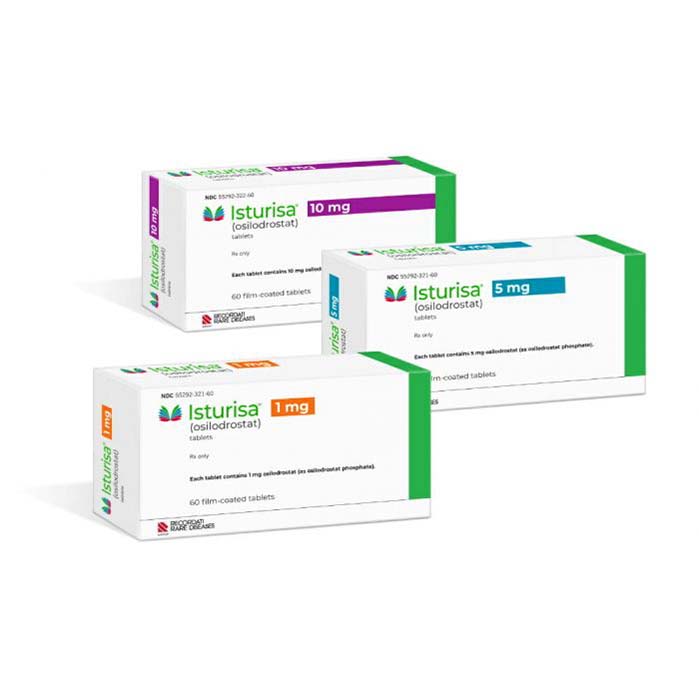

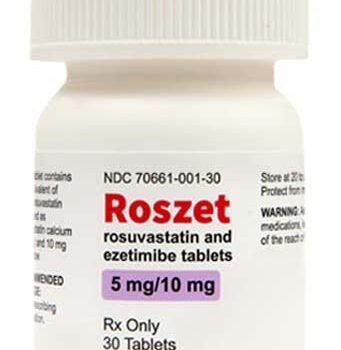

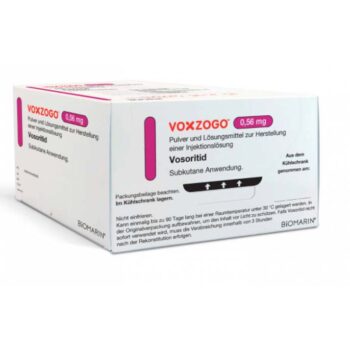
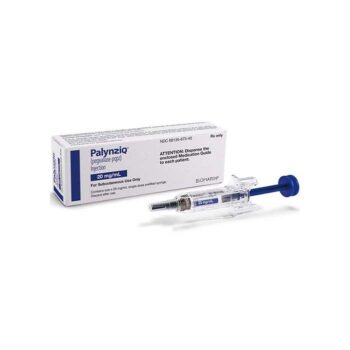
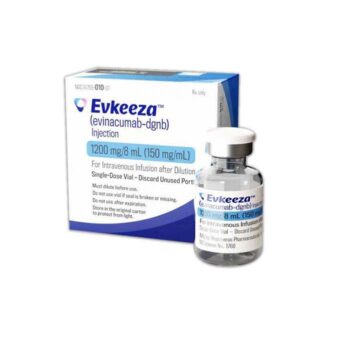
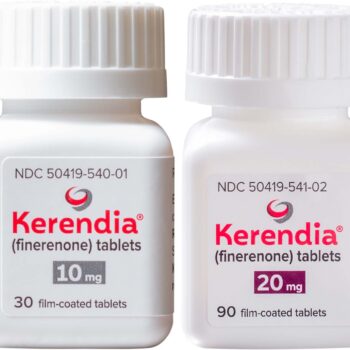


Reviews
There are no reviews yet.